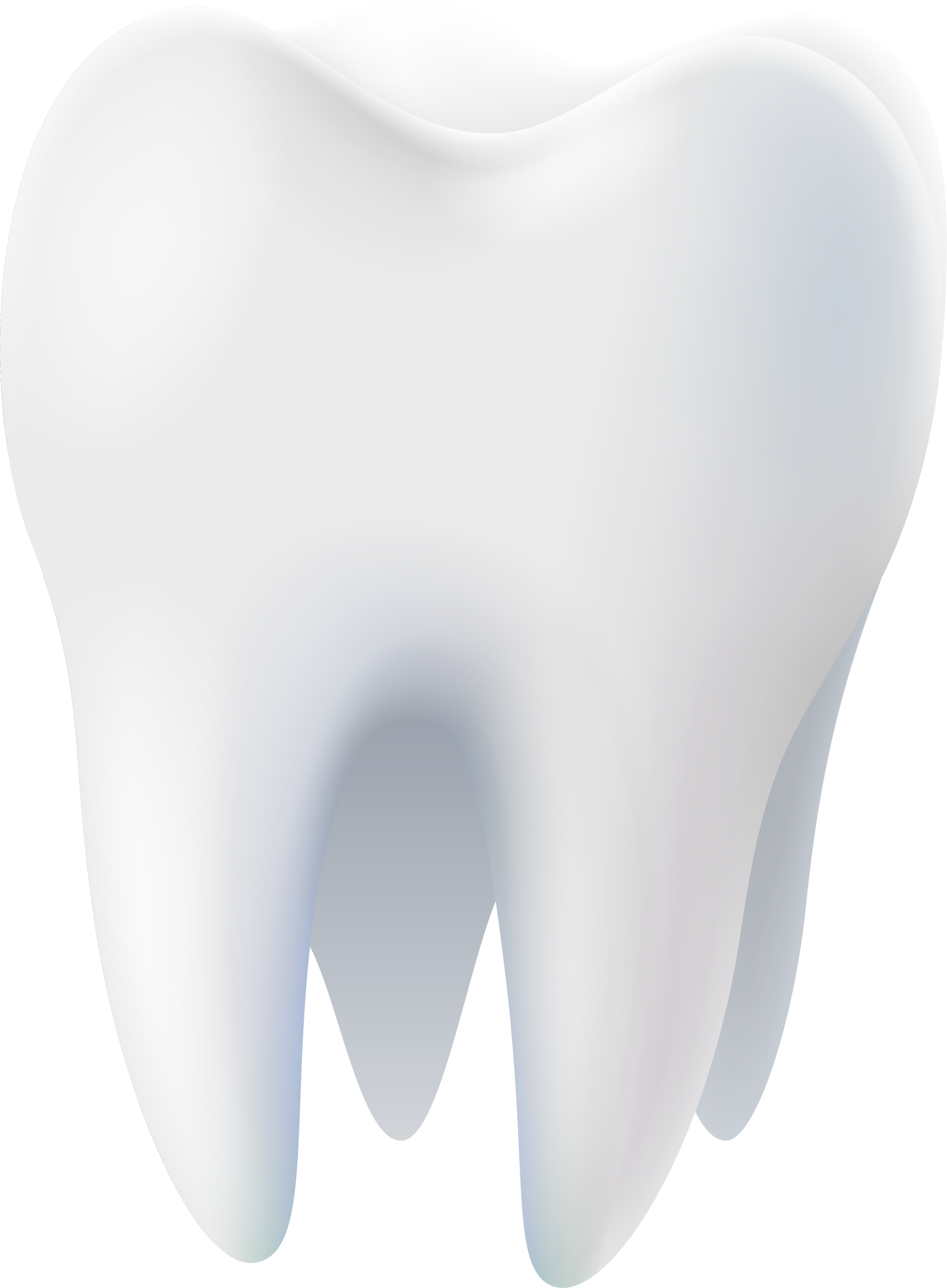Wisdom Teeth
+ INSTRUCTIONS
Important Steps for Recovery
Following your wisdom teeth removal, it’s essential to follow these guidelines to ensure proper healing and minimize complications. Here's what you need to know for a smooth recovery.
Manage Bleeding and Pain
Bite down on gauze to control bleeding, and stagger pain medications for the best relief. If bleeding or pain persists, contact our office.
Diet and Swelling
Avoid straws and stick to soft, cool foods on the day of surgery. Use ice packs and keep your head elevated to minimize swelling.
Monitor for Dry Sockets
If pain worsens after three days, it may indicate a dry socket. Use Chlorhexidine rinse twice daily and contact our office for treatment.


Anesthesia
- If IV sedation was used, do not drive or operate machinery for 24 hours.
Bleeding
- Immediately after surgery bite down on the supplied gauze for 15-20 minutes after surgery to stop any active bleeding.
- Slight bleeding is common for as long as 24 hours after surgery. If this becomes heavy, place a new piece of gauze for an additional 15-20 minutes and bite firmly.
- If bleeding is heavy and will not stop, please contact the office.
Pain
- Post-operative pain is usually worse the night of surgery and will slowly decrease over the next three to four days.
- Norco (hydrocodone with acetaminophen) is usually prescribed for pain. Please note that Norco contains Tylenol and additional Tylenol should not be taken.
- Over the counter ibuprofen (usually 600mg) can be taken in addition unless you are unable to take NSAID’s.
- It is best to stagger the dosing of Norco and Ibuprofen. They can both be taken every 6 hours. Therefore, take either Norco or Ibuprofen every three hours.
Nausea & Vomiting
- Nausea and vomiting is the most common complaint the night of surgery.
- This is usually a reaction to the pain medication. Try to eat some food prior to taking the pain medication.
- If nausea & vomiting persists, contact the office so that an anti-nausea medication can be prescribed.
Sutures
- Sutures are sometimes placed to adapt the tissues and help with bleeding.
- These sutures are resorbable and do not have to be removed.
- Sutures will normally come out 3-4 days after surgery.
- Sutures will occasionally come out the night of surgery. Unless associated with heavy bleeding, we do not replace these sutures.
Diet
- Straws should be avoided for the first 24 hours following surgery.
- The day of surgery, the diet should be very soft and room temperature or cooler, to help prevent bleeding.
- After the first day, any food temperature is alright, but harder foods should be avoided for several days.
Swelling
- Swelling is a normal result of wisdom tooth removal.
- Ice packs for the first 24 hours will help decrease swelling. Do not leave on for more than 20 minutes at a time.
- Sitting in a recliner versus lying flat will help decrease swelling during the first 24 hours.
Dry Sockets
- A diagnosis of a “dry socket” is assumed if pain gets worse after three days and the pain changes in character or radiates. To help prevent dry sockets, rinse with Chlorhexidine twice per day starting day after surgery.
- Contact the office to arrange the appropriate treatment.
+ CONTACT US
Reach Out for Expert Oral Care
We’re here to answer any questions and help you schedule your appointment at Tri-State Oral Surgery. Whether you’re looking for more information or ready to book your first visit, our team is available to assist you.
Evansville Office
Owensboro Office
Fax
812-401-3600
Office Hours
Phone Hours
Mon - Thurs: 7:30 am - 3:30 pm | Friday: 7:30 am - 1:30 pm
Mon - Thurs: 7:30 am - 5:00 pm
Call or Text:
812-401-3500
Call or Text: 270-208-9005



